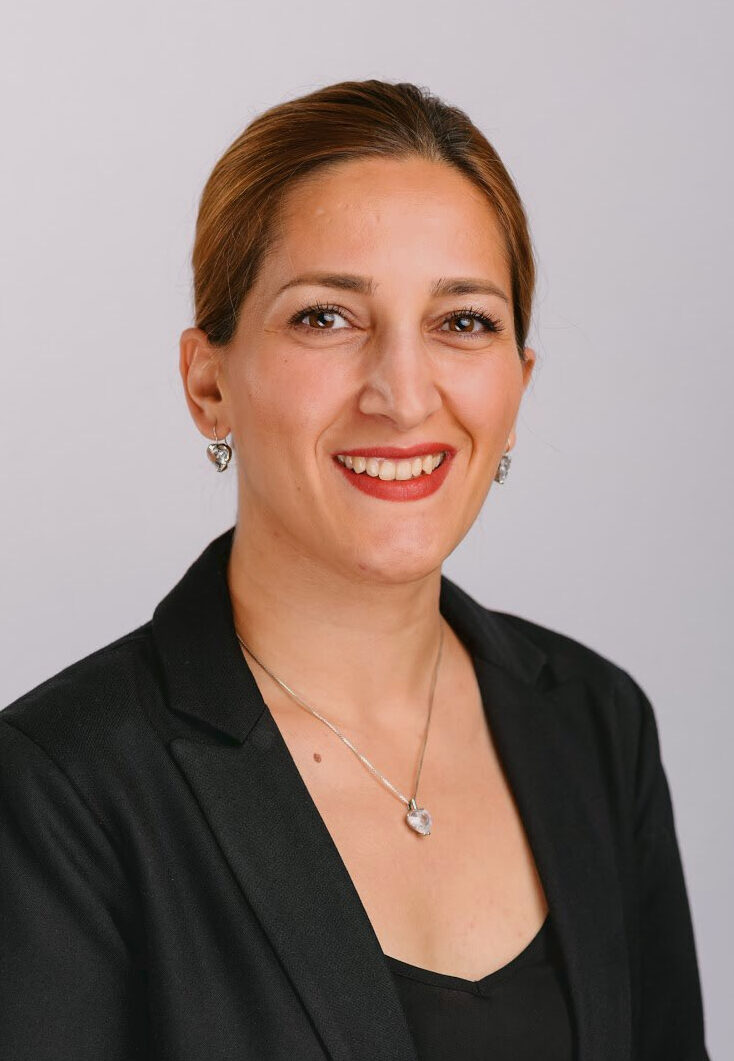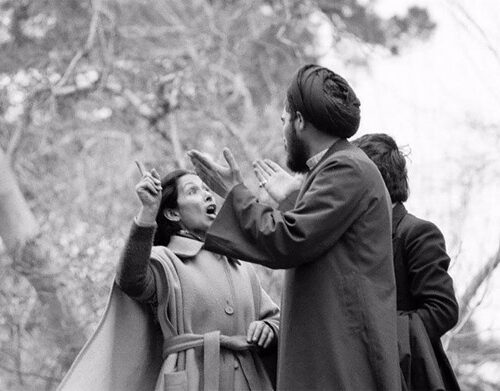Dr. Zhinia Noorian - 8 February 2024 , Blogs, Home

Dr. Zhinia Noorian is a post-doctorate fellow for the ERC Advanced Grant Beyond Sharia: The Role of Sufism in Shaping Islam. She developed a fascination for the pivotal role of feminine voices in literature while starting her academic career as a Bachelor student of English Language and Literature in Iran. She actively participated in giving lectures on female literary figures such as Virginia Woolf who started schools of thought that reshaped women’s lives. Intrigued by languages, Zhinia continued her academic experience with a MA degree in General Linguistics at Shahid Beheshti University. To pursue her passion for Iranian culture, she followed a MA programme in Iranian Studies at the same university. She continued her academic career with a MA programme of Middle Eastern Studies at Leiden University. In her specialisation Persian and Iranian Studies, Zhinia chose to focus on Parvin Eᶜtesami (1907–1941), a female Persian poet. She studied how she used classical poetry to voice the oppressed and marginalized in the early decades of the twentieth century when fundamental socio-political transformations started to reshape Iran. Zhinia explored this intellectual woman’s mastery in utilising various features of Persian mystical tradition, including its Bacchic themes to convey her socio-political criticism. Aiming to further develop her academic career, Zhinia started her PhD project at Leiden University in 2020. She continued her exploration of Eᶜtesami’s poetry to show how she transgressed the boundaries set for women in the male-dominated arena of mysticism, literary expression, and political thought. She studied the lasting impact that Eᶜtesami’s transgression of Iranian-Muslim gender norms left on her literary identity, career, and reception as a woman poet in a Muslim society.
The concept of gender transgression and how it translates into non-conformist piety fueled Zhinia’s interest in the ERC postdoc project of Beyond Sharia that investigates “the femininity and the feminisation of the masculine in Islamic mysticism”. In her postdoc research, Zhinia will focus on the non-normative gender acts of Sufi saints known as qalandars. Her aim is to pursue untouched questions about the homosexual aspect of these mystics’ practices and their gender transmutations, which transgressed Muslim gender norms. These practices are the qalandars’ engagement in homosexual activities, assuming a feminine voice or dressing like women, going about naked, shaving all bodily and facial hair, and having (genital) piercing. By investigating such transgressive acts in the medieval Muslim culture, Zhinia aims at contextualising them as instances of the qalandars’ attempts to cultivate their piety through bodily heresy. The outcome of this project explains the bodily aspect of the qalandari antinomian movement.
Video: “Beyond Sharia: Zhinia Noorian on the Role of Women in Sufism” (2024)


Dr. Zhinia Noorian - 23 January 2023 , Blogs in Persian

Dr. Zhinia Noorian - 5 January 2023 , Blogs

Dr. Zhinia Noorian - 27 September 2022 , Blogs